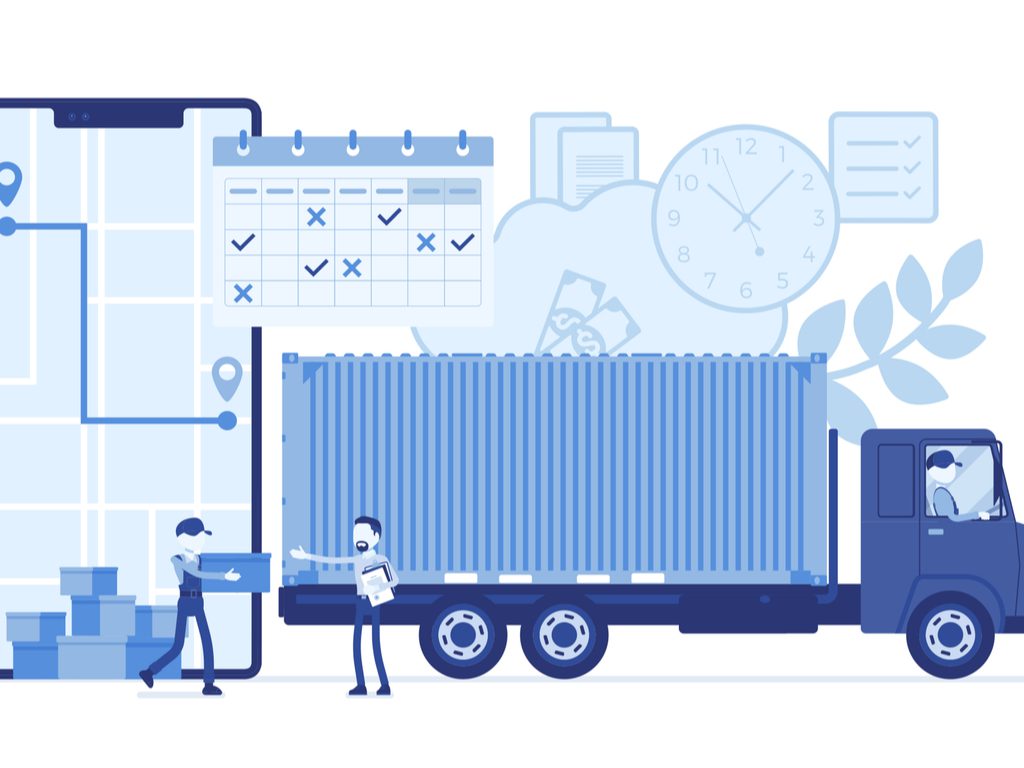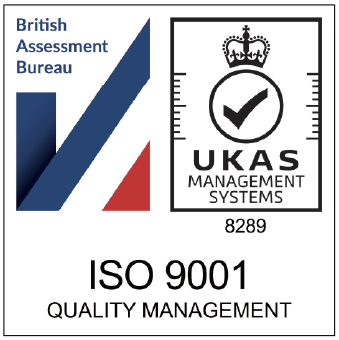Do you have an order fulfilment strategy in place for your eCommerce store? If you don’t have an appropriate strategy in place you’ll quickly find yourself struggling to satisfy customer demands, struggling to accurately replenish your inventory and more. Want to avoid those problems? Then keep reading and 3PL will tell you everything you need to know about order fulfilment strategies.
What is order fulfilment?
Order fulfilment refers to the process of receiving and processing goods for onward distribution to customers.
Sounds straightforward right?!
Well, unfortunately, due to today’s hyper-competitive eCommerce environment, surging consumer expectations, supply chain issues post-COVID 19 and more, there are myriad complexities to be factored into order fulfilment considerations.
In addition to these external factors, internal factors can make your order fulfilment more challenging than you first think.
Once you start scaling your business, fulfilling orders from your spare bedroom is no longer really appropriate. You’ll need to think about warehousing, fulfilment teams and a whole load of other considerations.
So, if you want to be able to manage both the internal and external factors that will affect your fulfilment, it’s vital that you have a solid fulfilment strategy in place.
Guide – find out more about the exact details of order fulfilment in our guide here.
What fulfilment strategies are there?
Hopefully we’ve driven the point home that it’s important to have a fulfilment strategy in place.
But what are your options?
It’s basically boils down to two choices:
- In-house fulfilment with CRM technology.
- Outsourced fulfilment with a 3PL.
We’ll tell you more about each option below.
In-house fulfilment with CRM technology
If you’re keen to keep a tight control over your inventory, order processing, fulfilment and shipping, then in-house fulfilment may be the right option for you.
In-house fulfilment is often favoured by brands that produced low-volume, high-value products such as luxury watches, jewellery or even cars.
But, to get in-house fulfilment right (particularly at scale), you absolutely require a CRM.
What is a CRM?
CRM refers to Customer Relationship Management software. CRM software is essentially a tracking system that allows you to keep tabs on customer orders as they progress through the fulfilment process.
CRM systems will do a lot of ‘leg work’ on your behalf, automating many tasks you may have previously had to do manually.
A good CRM system will be able to:
- Process orders.
- Create and manage documents and invoices related to orders.
- Monitor your inventory and flag when replenishment is required.
- Store and print shipping information.
- Run reports.
CRMs also generally allow operators to add notes to individual orders; so if you’ve spoken to the customer on the phone, you can make notes etc.
Whilst CRM software is great – and can radically improve your fulfilment process – it’s not a panacea.
The pros and cons of carrying out fulfilment in-house
Even with a CRM in place, there are still many you’ll have to do yourself. To give you an idea of what’s involved with in-house fulfilment, we’ve set out the pros and cons of it in the table below:
| The pros and cons of in-house fulfilment | |
| Pros | Cons |
| You maintain control of your inventory. | It takes a huge investment of time and money. |
| You continue to deal with customers directly. | You have to invest in a fulfilment team, CRM, warehousing space and more. |
| You gain experience in fulfilment. | You have to learn a whole new industry. |
| You won’t benefit from economies of scale. | |
As you can see, in-house fulfilment does involve a trade-off.
If you’re unwilling to trust an external company to take care of your order fulfilment on your behalf, then you’ve got an enormous amount of work and investment ahead of you.
Which brings us to our second type of order fulfilment strategy…
Outsourced fulfilment with a 3PL
Imagine if someone could take care of your warehousing, packaging, order processing, customer services, and shipping for you.
Well, you don’t have to imagine…
That’s exactly what 3PLs do. Third-party logistics companies specialise in carrying out fulfilment on behalf of other companies.
Plus, many 3PL companies are highly-flexible, meaning that they can help you with a single part of your fulfilment process, or the entire thing from end-to-end.
Sounds great right? It does! But, it’s important that you select the correct 3PL for your business.
Remember, the fulfilment process is a crucial part of customer satisfaction. If you choose the wrong 3PL and they aren’t able to run your fulfilment properly, you can quickly end up with many unhappy customers.
How to choose the right 3PL for your business
When ‘shopping around’ for a 3PL there are number of key things you should be looking for/asking them:
- What’s their experience with fulfilment? Do they possess direct experience of fulfilment in your particular industry?
- Do they have a solid CRM system? Is it a system which provides you with visibility of your inventory and the fulfilment process?
- Can they flex? Are they able to ramp up their capacity to handle peak sales periods?
- What’s their warehousing space like? Will it work for your products?
- What are their arrangements with shipping providers? Can they obtain competitive shipping rates?
These questions are just a few that you should be asking of prospective 3PL companies that want your business.
The pros and cons of outsourcing your fulfilment to a 3PL
Like in-house fulfilment, outsourcing your fulfilment to a 3PL has a mix of pros and cons. Again, to help you make a truly-informed decision, we’ve set these out in the table below:
| The pros and cons of outsourcing your fulfilment to a 3PL | |
| Pros | Cons |
| Time-served experts are handling your fulfilment for you. | You do not have direct control over your fulfilment process. |
| You don’t have to invest in expensive fulfilment infrastructure such as a CRM, warehousing, fulfilment teams etc. | You have to pay for your outsourced fulfilment services. |
| You can focus on your core competencies such as marketing and selling your products. | You won’t learn as much about fulfilment. |
| It will be easy to scale your fulfilment during peak periods. | For many 3PL providers, you will need to receive a minimum number of orders each month. |
| You’ll be able to access new markets and customers. | |
| Your fulfilment will be a great deal smoother, leading to happier customers! | |
| You’ll benefit from economies of scale such as cheaper shipping rates. | |
As the table above illustrates, there are a wide-range of benefits associated with outsourcing your fulfilment to a 3PL (if you are willing to put up with the minimal downsides).
So, with those two options laid out before you, which one is the correct option for your business?
Which fulfilment strategy is right for you?
In choosing a fulfilment strategy for your business, there are a number of personal and external factors that will influence your choice.
These include:
- Do you want to maintain control over your fulfilment?
- Do you receive over a certain number of orders each month? (Depending on the 3PL, this can vary from 200 to 500 orders per month).
Whilst there are other factors that will influence your decision to outsource your fulfilment or not, the two above are perhaps the biggest when it comes to making your choice.
Of course, you don’t have to make a decision on your own. It can be easier to talk to a 3PL directly and benefit from their advice and experience.
Speak to 3PL about outsourcing your fulfilment today
For more fulfilment, logistics and shipping advice, read the 3PL blog…
What Is 3PL: A Guide to What Third Party Logistics Companies Do | What Is eCommerce Order Fulfilment and How Does It Work? | A Guide to Omnichannel Fulfilment
Speak to 3PL about your order fulfiment
It’s time to supercharge your business and overtake your competitors. Speak to 3PL today and find out how we can take your ecommerce and B2B fulfilment to the next level.


